 By Korina Ana T Manibog, ACCRA Law
By Korina Ana T Manibog, ACCRA Law
Early this year, the Philippine Competition Commission (PCC) Enforcement Office launched a leniency/whistleblower programme offering immunity from suit and reduction of fines to cartel members who will provide information that will help the PCC investigate and prosecute cartels. This forms part of the PCC’s increased efforts in cracking down on anti-competitive agreements and conduct.
The Philippine Competition Act (PCA) prohibits anti-competitive agreements such as price-fixing and bid-rigging, and other agreements which have the object or effect of substantially preventing, restricting or lessening competition. It also prohibits an entity/entities from abusing its dominant position by engaging in conduct that would substantially and negatively affect competition. Companies face up to P250 million (US$4.9m) in fines if found guilty of these acts.
Businesses were given a period of two years from the effective date of the law to reorganise their business structure or to renegotiate agreements in order to comply with provisions of the PCA. Ever since the transitory period ended last August 8, 2017, the PCC has been more aggressive in its enforcement activities.
Some of the industries that have been the subject of probes by the PCC include the garlic industry, international shipping lines (specifically, the imposition of unnecessary shipping charges on shippers) and the cement industry. More recently, the PCC has expressed its intention to look into an alleged cold storage cartel in the onion industry, and to probe whether recent power plant outages are an intentional scheme among power suppliers to raise electricity prices. It is also investigating allegations of bid rigging involving a government project awarded in 2017.
In 2018, the Enforcement Office opened 11 preliminary inquiries, nine of which ripened into full administrative investigations. Two of those full administrative investigations have been closed. One of the closed investigations involved the Philippine Academy of Ophthalmology (PAO) and Philippine Health Insurance Corporation (PhilHealth). The PAO’s mission guidelines requires ophthalmologists to first obtain permission from the PAO or the local ophthalmologist of an area before they can conduct a medical mission in the area. Philhealth will not compensate the ophthalmologists conducting the medical mission if such permission is not obtained from the PAO or the local ophthalmologist of the area. The Enforcement Office raised competition concerns regarding the foregoing practice because by requiring visiting groups to get permission from PAO/the local ophthalmologists before they can conduct a medical mission, the PAO effectively imposed a barrier to entry, effectively limited competition and facilitated the division of practice territory. However, despite such competition concerns, the investigation was closed as the parties were able to rectify the foregoing acts within the transitory period.
The other closed investigation involved the vessel fumigation business. The unnamed complainant alleged that certain inspection companies were engaged in irregular post-fumigation inspection to undermine the business reputation of the complainant, and that a major fumigation company was involved in the scheme. The Enforcement Office did not find any evidence which supported collusion among the inspectors. The Enforcement Office also noted that the major fumigation company allegedly involved in the scheme did not have sufficient market power to be considered as dominant in the vessel fumigation market. They also noted that there were many players in the vessel fumigation market, and that barriers to entry into the business were generally low. Further, customers can easily switch between fumigators without incurring any significant additional cost (ie, switching costs were low).
Recently, the Enforcement Office filed a case against a mass housing developer for imposing an exclusive internet service tie-up on its tenants, preventing them from availing of the services of other internet service providers. Aside from preventing other providers from installing fixed-line internet on units, the developer also prevented other providers from marketing to the condominium residents. It marks the first time the Enforcement Office has filed a case for abuse of dominant position under the PCA. It will be interesting to see how the case will turn out as it will set the standard of how similar cases will be prosecuted in the future.
Competition law is a relatively new concept in the Philippines, hence many businesses may not even be aware that they are engaging in activities or are parties to agreements that may be considered as anti-competitive. They may be engaged in agreements or conduct which may have been permitted before, but which must now be reevaluated in light of the PCA and the expiration of the two-year transitory period. This is why it is important for practitioners to remain abreast of developments in this emerging field, so that they can effectively guide businesses in complying with the provisions of the PCA.
As the PCC increasingly expands its capabilities in investigating and prosecuting anti-competitive agreements and conduct, businesses and competition law practitioners must keep up.
______________________________
The views and opinions expressed in this article are those of the author. This article is for general informational and educational purposes, and not offered as, and does not constitute, legal advice or legal opinion.
(Note: This article first appeared in Business World, a newspaper of general circulation in the Philippines.)
The author is an Associate of the Corporate and Special Projects Department of the Angara Abello Concepcion Regala & Cruz Law Offices (ACCRALAW). She may be contacted at ktmanibog@accralaw.com or (632) 830-8000.
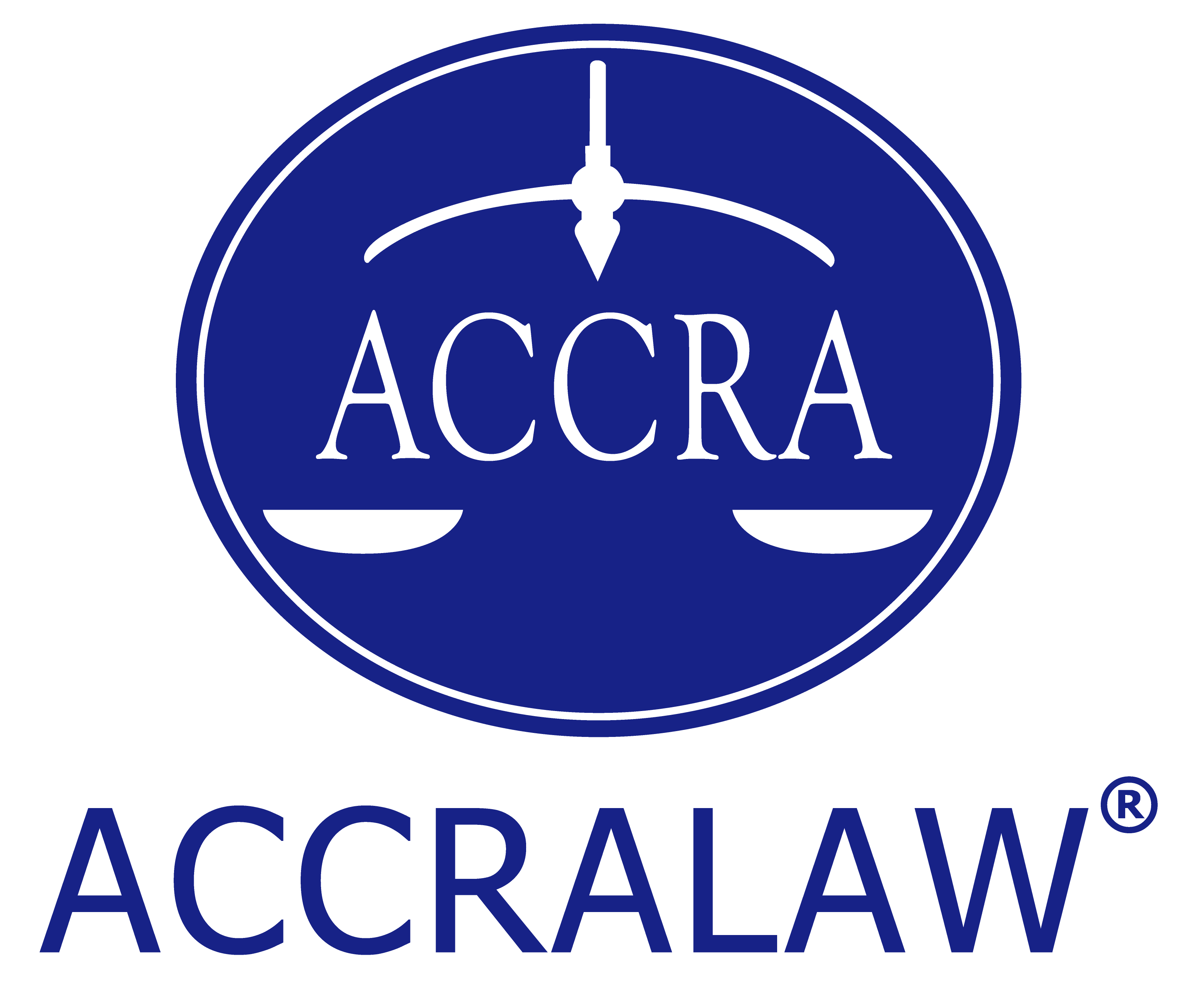
T: (632) 830 8000



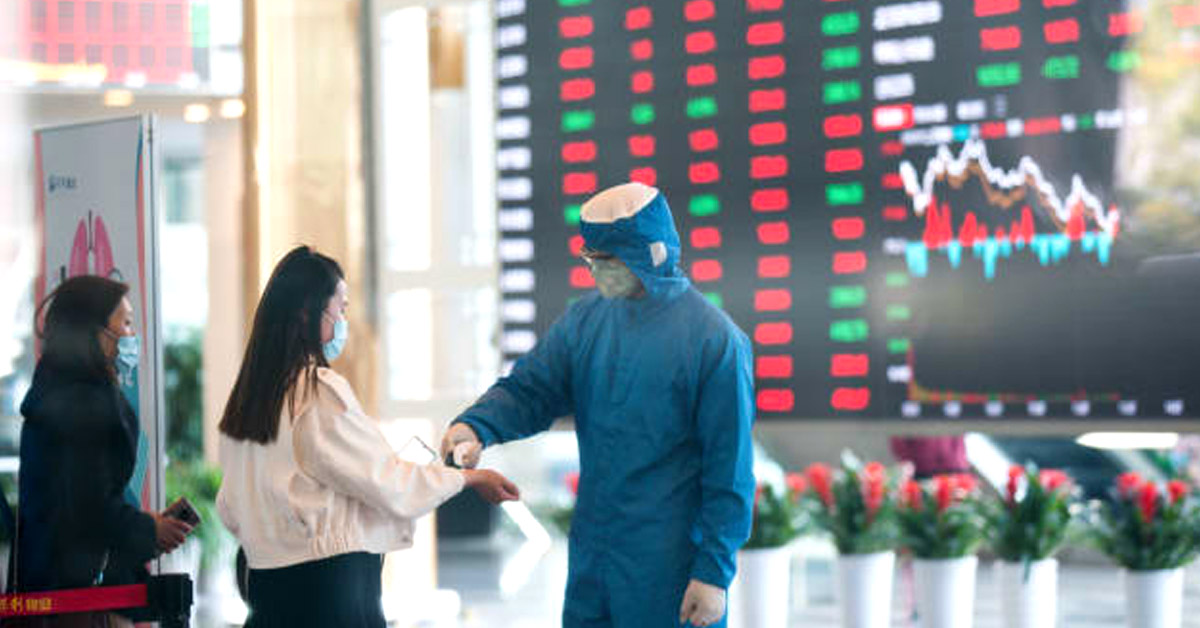

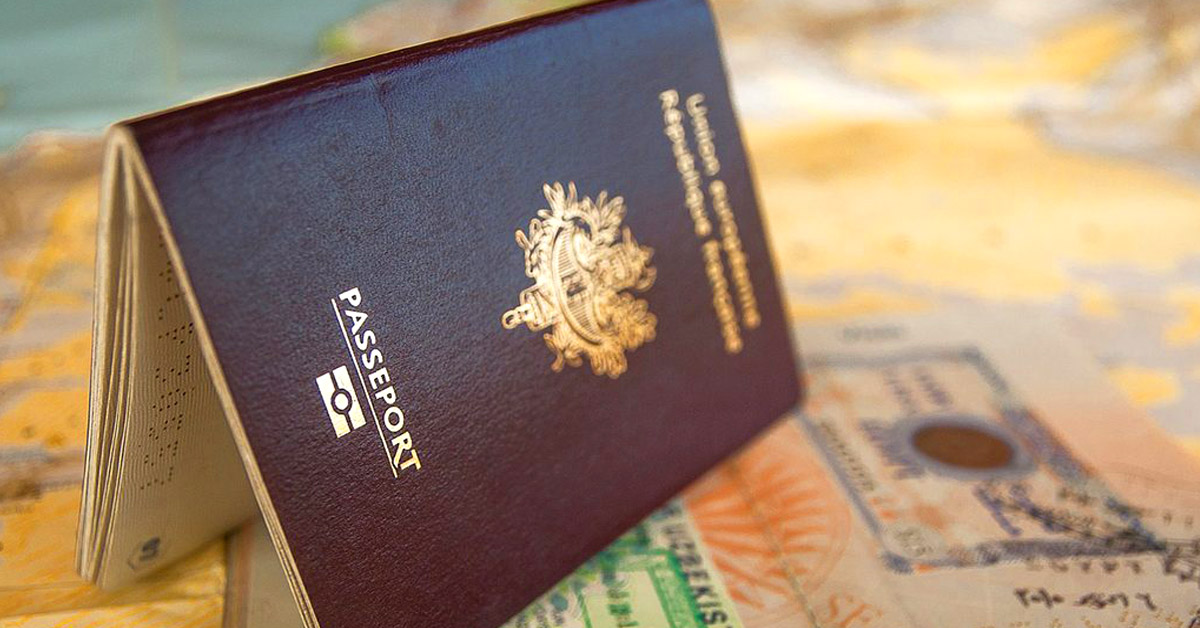
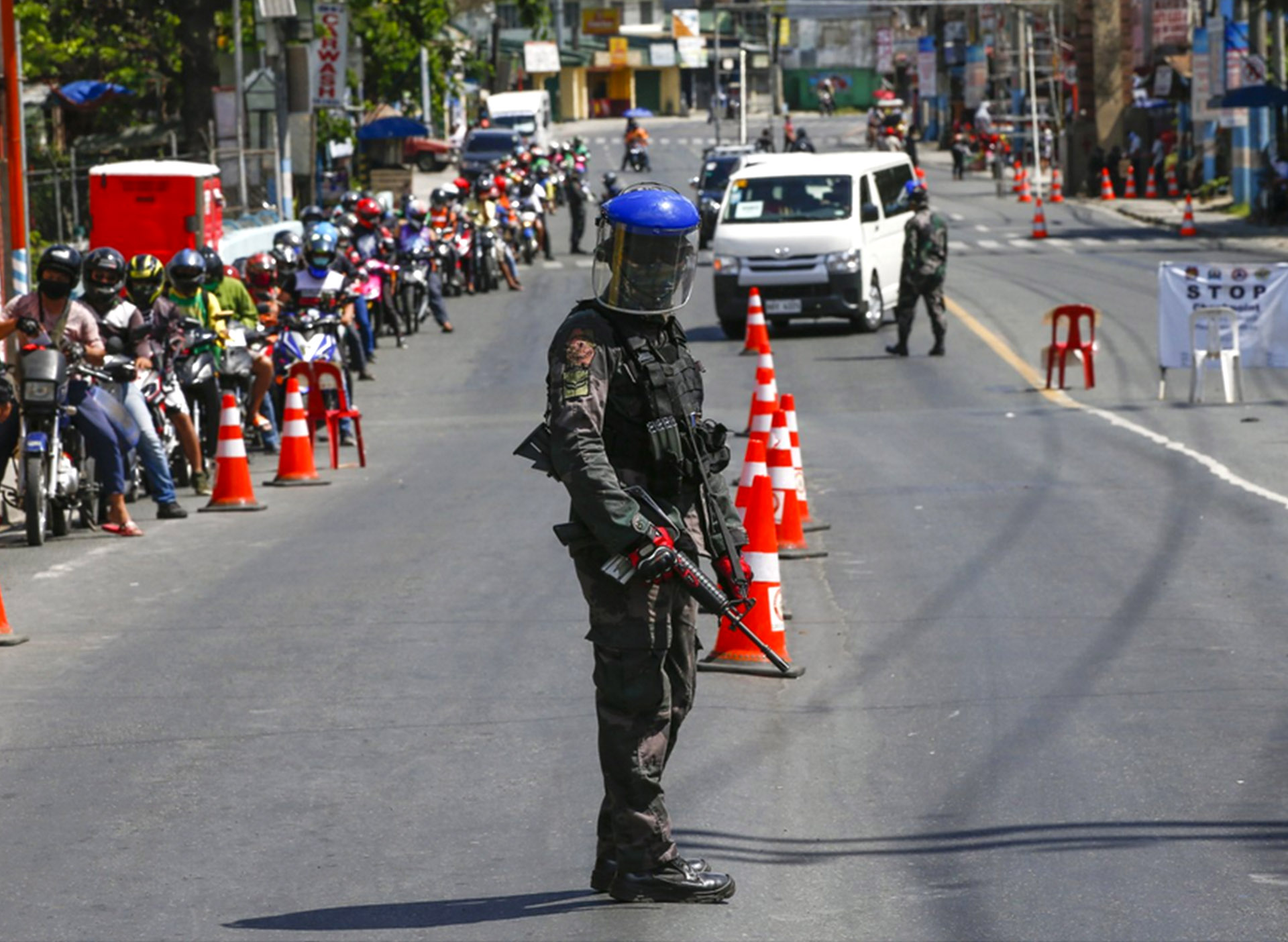






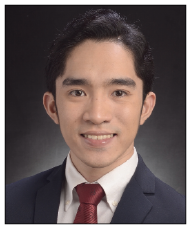
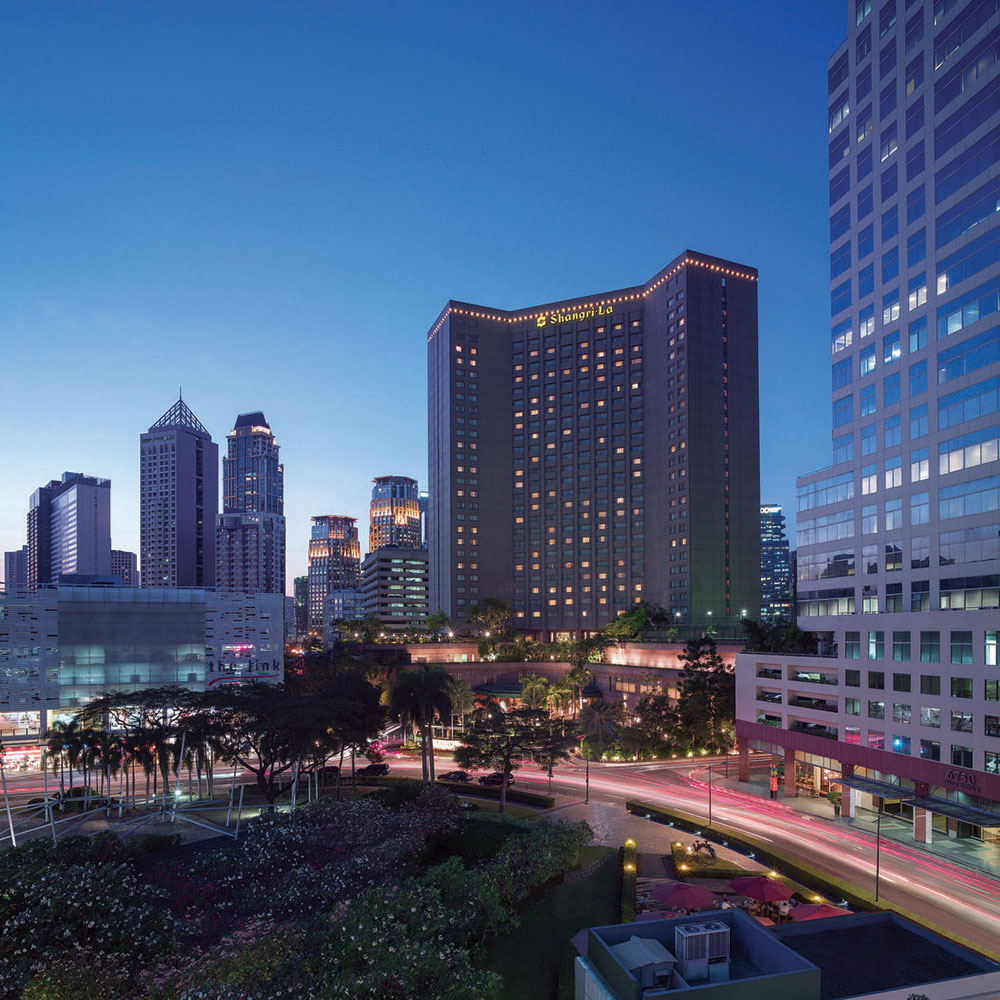



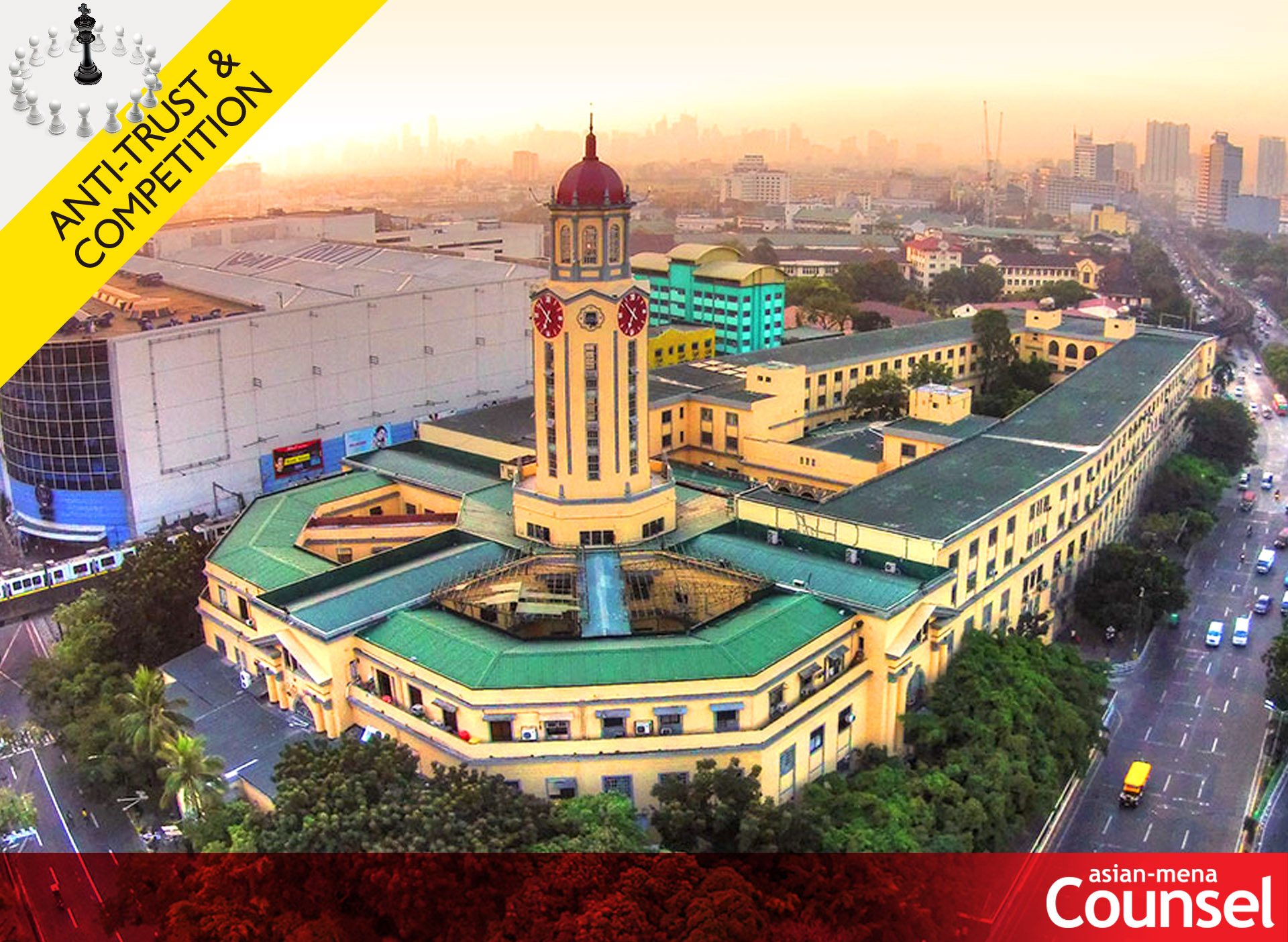











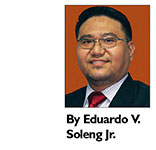
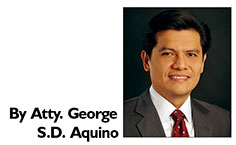






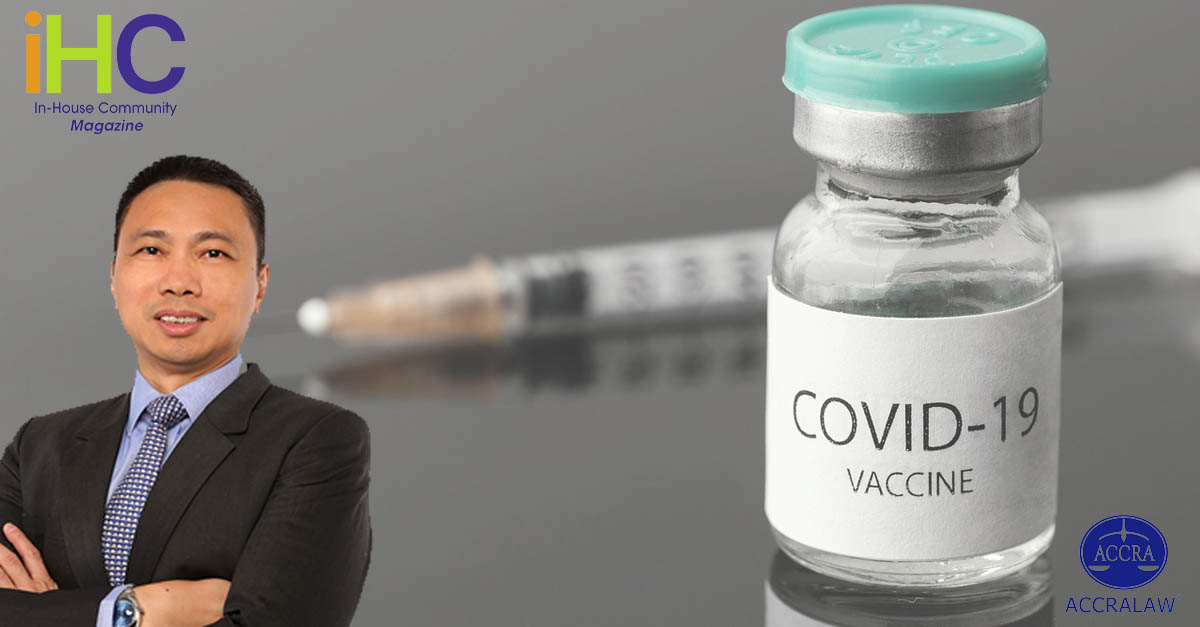


 Angara Abello Concepcion Regala & Cruz Law Offices (ACCRALAW)
Angara Abello Concepcion Regala & Cruz Law Offices (ACCRALAW)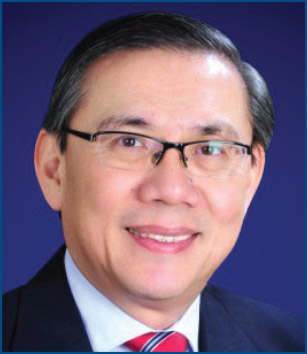 Emerico O. De Guzman
Emerico O. De Guzman







